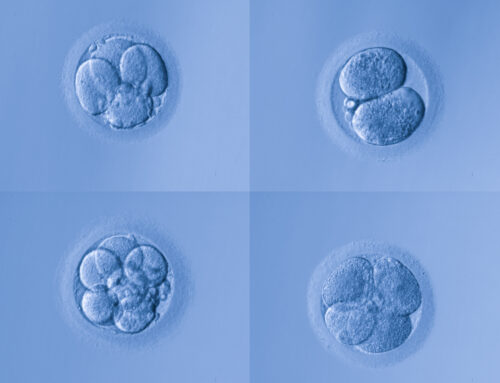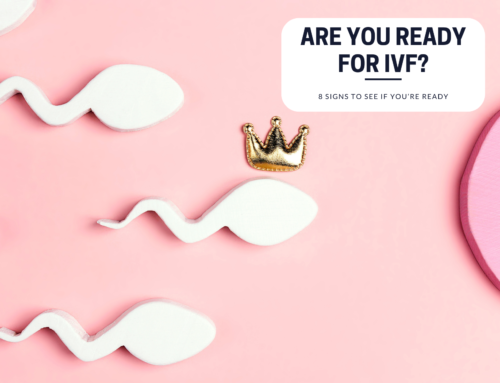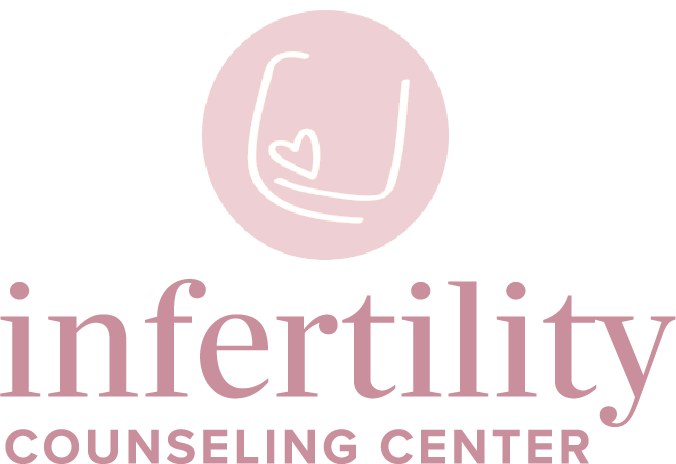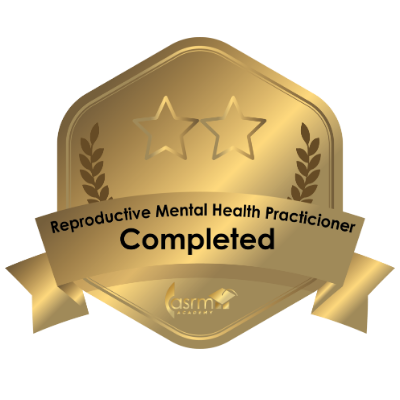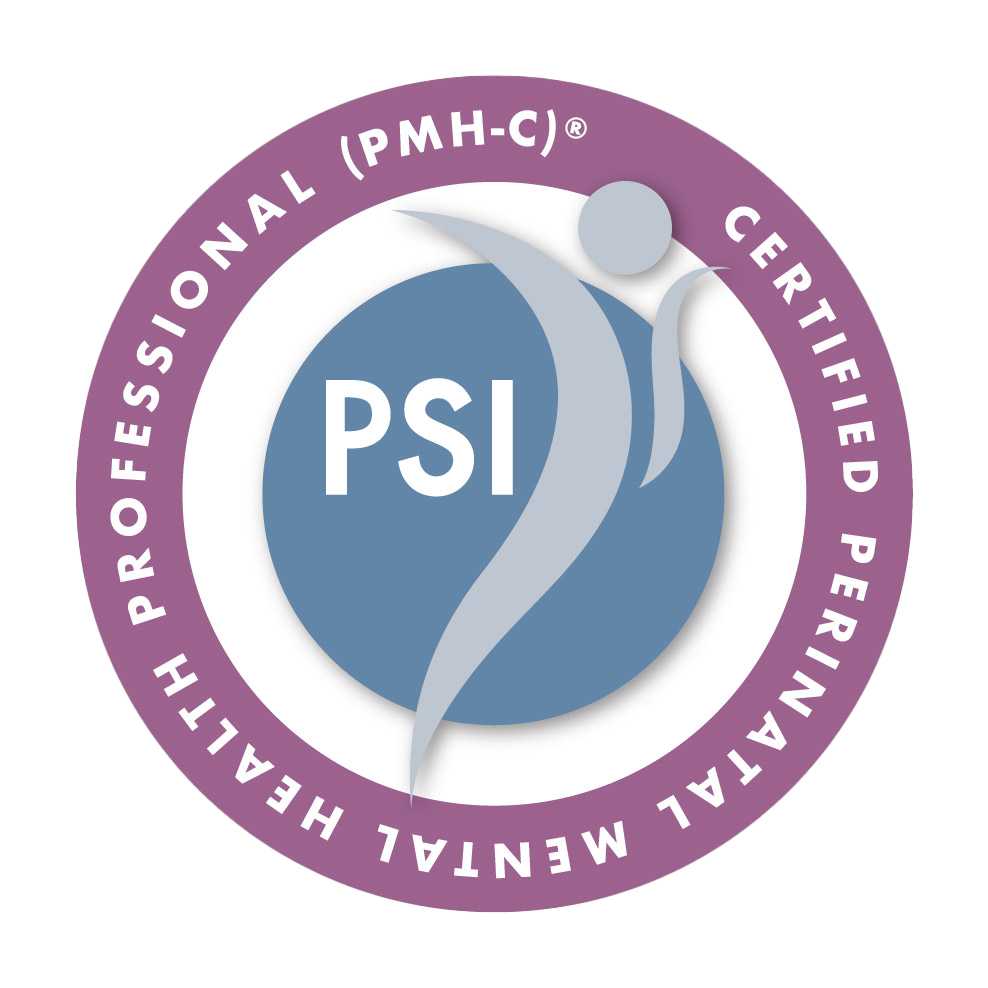Accept the hard realities of your infertility journey, but also have hope that things will work out for you? It’s possible!
Having spent the last 10 years surrounded by infertility, both personally and professionally, I get that infertility is complicated. The emotions felt during the process can make you feel like you’re doing mental gymnastics. At an Olympic level. The bouncing back and forth between the good and sad, the happy and anxious emotions is exhausting. And it can be confusing to feel a mix at the same time.
It’s pretty normal to feel a wide range of emotions during an infertility journey. I pull out an emotions wheel with my clients and have them list all of the emotions they feel – and it’s usually a pretty long list! Here are some that I commonly hear: Sadness, Anxiety, Insecurity, Regret, Worry, Loneliness, Frustration, Fear, Disappointment, Hope, Excitement, Shame, Resentment, Powerlessness, Contentment, Grief, Inadequacy, and the list could go on.
The difficult emotions felt during infertility can make life suck, right? It’s no fun to be sad, disappointed, and bitter. Navigating the sucky parts of infertility, while also trying to live a fulfilling life, is like an intricate dance. But I think it’s essential to figure out how to accept the bad, while also allowing yourself the good and happy. Without this, infertility feels like a black hole.
Acceptance
Acceptance is when we recognize that something is adequate or suitable. That might seem impossible to do on your infertility journey. My guess is you want to grow your family more than anything. So how can a life without it feel adequate?
There’s a technique in the therapy world called Radical Acceptance. This is a conscious and intentional effort to recognize the hard and difficult things of life. And instead of wishing them away, or being angry that they’re happening to us, or avoiding the feelings all together, we just acknowledge them. We sit with those feelings, and allow life to suck sometimes.
This can feel scary and hard. A lot of my clients don’t grieve their setbacks and failures because it sucks to be in this place – where we see the pain and sadness we’re experiencing, and we just sit in it. A mud pit. Of nasty feelings.
But as you practice the art of accepting your life as it is, you can allow yourself the time and space to heal from the pain that comes from a complicated infertility journey, without it swallowing you whole. Awareness (in a nonjudgmental way) and acceptance allows you to feel all the feelings, without getting swept away in a torrent of emotions.
Hope
I find it hard to articulate this idea I have about hope. Technically, according to the dictionary, hope is a feeling of desire or expectation that something will happen. And I think this is what most of us think of when hope is mentioned. But I find that a bit narrow. While I was contemplating what hope means in this context, I discovered C.R. Snyder, a psychologist who studied hope. He found that hope is not a feeling, but a thought process. His theory says that there are three things needed to have hopeful thinking: goals, pathways, and agency. Simply put, we have a desired outcome, are able to come up with ways to accomplish these outcomes, and are motivated and believe that we can achieve those outcomes.
I have clients who tell me they can’t allow themselves to feel hope because it’ll make the disappointment hurt more. Although I can see why they’re saying it, I don’t agree. The disappointment always hurts, regardless.
But what is the thing that drives them to try again, or to look into other options, or to make changes to their protocol? I think it’s hope. Possibility. Dreams. Goals.
I love a good motivational speech. Words that make you want to change, and make you feel like you have the power to do it. And that’s what hope is. Hope offers clarity – when you feel that fire within, it allows you to look clearly at your goals and what you’ll have to do to accomplish them. Building a family is a complicated process. It requires dreams and goals. Hope gives you the bandwidth to contemplate these goals, the process of accomplishing your goals, and all the hard work it will take.
Because hope is a thought process, and not an emotion, it can be learned. If you look at the world with your negative Nancy glasses on, which can happen during a family building journey, you’ll miss out. It’s okay to open yourself up to the possibility of pain, and feel the hope. The excitement. The possibilities.
Acceptance and Hope
This might seem counterintuitive. How can you accept that life sucks, but also dream and hope for a better life? Practicing both acceptance and hope will allow you to navigate the difficulties of infertility better, I promise. Here’s an analogy: it’s possible to get somewhere if you were only able to use one leg. But you are much more efficient when you use two legs.
When you figure out how to navigate between acceptance and hope, you’ll have the power to accomplish so much more. Be willing to acknowledge that some parts of your life are hard, and they suck. And then be willing to do things to make it better, by dreaming and hoping, setting goals, and improving yourself and your life.
The only way to figure out how to dance between acceptance and hope is to practice. Practice always makes better, even with mental health. Below are some suggestions on how to practice both.
Practical Tips for Practicing Both
Give it 10 minutes a day
It might seem funny to have practice time for your emotional well-being, but it works. Take 10 minutes a day and practice radical acceptance. The tips of mindfulness, labeling, and journaling will help you learn to be better at radical acceptance. One barrier to doing this is the fear that once you start feeling negative emotions, you won’t be able to come out. Remind yourself that all feelings fade eventually.
Then take 10 minutes to feel hope. The suggestions of having fun and keeping a gratitude journal will help with this. Think about the excitement of the process and your dreams for the future. What are your goals? And what are some ways to get there? Don’t forget to give yourself grace when expectations and life don’t match.
Mindfulness
A great way to give yourself space to practice radical acceptance is to be mindful. Mindfulness gets a bad rap sometimes – mostly because it can be confused with meditation. Mindfulness is more general than meditation, a practice of focusing on the awareness of the present moment. It’s pretty hard to radically accept your life if you’re constantly living in the past – with regrets
and “it should have beens.” It’s also hard to accept when you’re living in the future – with fears of the unknown. Being mindful requires you to stop and focus on exactly what is happening in this moment.
There are lots of ways to practice mindfulness:
- Somatic sensing – focusing on your body, it’s feelings and sensations at that precise moment
- Clearing your mind – meditation
- Exercise – yoga or walks in nature
- Deep breathing
Whatever mindful method works best for you, use that time of being aware of what you’re truly feeling, and then giving yourself permission to feel those things.
Mindfulness is very broad, so it’s important to find some mindful techniques that work specifically for you. Choose a couple to try out, and see how you feel after. If it makes you feel better – incorporate it into your everyday life! If it doesn’t work, throw it out and try another! Here are some suggestions, and you can always google to find more. Deep breathing, yoga, progressive muscle relaxation, mindful eating, gardening, body scanning, walking, blowing bubbles, coloring or other art, and focusing on your senses.
Label your emotions
It can feel very out-of-control to not know or understand what you are feeling. And it turns out that most of us don’t have a great emotional vocabulary. Find an emotions wheel online, and use it to identify what you feel throughout the day. My favorite way is to use a bullet journal (or just your notes app on your phone). Just list all the emotions you felt today. Don’t judge the emotions, just acknowledge them. Eventually you’ll be able to start labeling in the moment, which will allow you to adjust your coping skills to manage that specific emotion at that specific time.
Gratitude journal
We are biologically wired to focus on the negatives happening in our life. So it takes active effort to think about the positives. A lot of times when we think about keeping a gratitude journal, we come up with really canned responses: “I’m thankful for my partner.” “I’m grateful for my job.” Boring! I find gratitude journals to be much more effective if you are very specific in your gratitudes. Here is my list of things I express gratitude for every day:
- I’m grateful for my partner because:
- I’m grateful for my work because:
- I’m grateful for nature because:
- I’m grateful for my body because:
Expressing gratitude will improve your mental health – and neuroscience proves it. It will also help you to feel more hope about your life.
Have fun
It’s okay to seek out activities that make you happy. Sometimes you get sucked in to thinking exclusively about infertility, without even recognizing that it’s happening! Pull away for a minute and do something fun! Find new hobbies that allow you the space to enjoy life, and also to set goals and work towards something. This will give you self-confidence, and remind your brain that you have the control to accomplish some things.
Share this story
Julie Potter, LCSW is a psychotherapist based in Kansas City, MO providing individual, couple and group therapy for people struggling with infertility and family building challenges. She offers in-person sessions as well as remote sessions for people based in Missouri, Kansas, Idaho and Utah.




